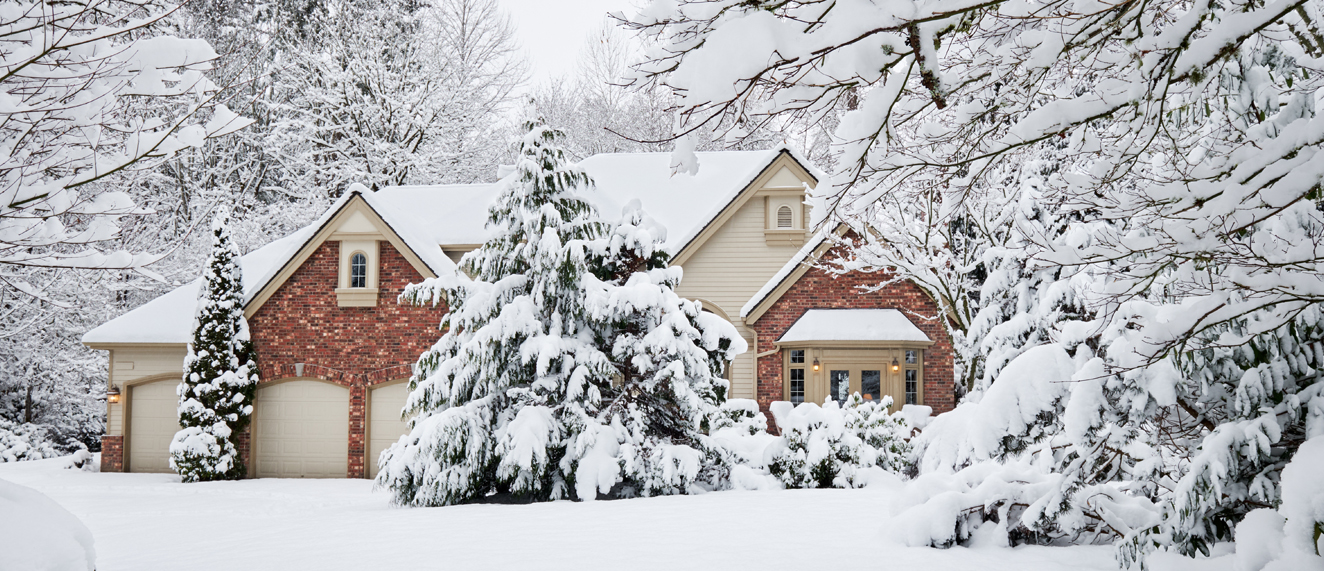Apparently, they have something against tall snowmen in Souris, Prince Edward Island.
You can’t build one taller than 30 inches on a corner lot there, according to a safety bylaw.
“It’s legit,” said a spokesperson with the Town of Souris in the fall of 2022. “We’re in the middle of updating our bylaws. That’s an old one.”
Bylaws are reviewed frequently. Homeowners can usually find up to date bylaws on their local municipality’s website, or get a printed copy from town hall.
When the bylaw was brought in, it was to prevent people’s views being impeded during wintertime.
That’s just one of the bylaws and regulations affecting homeowners across Canada that could seem a little out of the ordinary, at least on first glance.
Others seem more sensical.
In Markham, Ontario, for example, from June 1 to September 30, the city regulates the watering of lawns. Homeowners may choose to water their lawns between 6 a.m. and 9 a.m., or between 6 p.m. and 9 p.m., but not both. The goal is to ensure the supply of water in that community and to help stop the spread of West Nile Virus. The restrictions don’t apply to new sod that’s been laid and for two months after. How they police this in Markham is unclear, but there are fines up to $5,000 for non-compliance.
Plenty of other municipalities have rules around water usage tied to lawn watering. Some may offer rebates for rain barrels to help offset usage. Get familiar with any municipal rebate programs in your trading area so you can share that info with your clients!
Others just make you shake your head.
In Beaconsfield, Quebec, it’s illegal to have two cladding materials above the house’s foundation (not including doors and windows). In Alberta, according to the Occupational Health and Safety Code, you can’t paint a wooden ladder, since you can’t see the actual condition of an old ladder otherwise. You need to use a transparent protective coating.
In London, Ontario, if your grass grows beyond eight inches the city will send a crew over to cut it and foot you with the bill. In many municipalities across the country, you might find a bylaw officer knocking on your front door if you have goats, ducks or chickens in your backyard.
Have a noisy parrot? A bylaw in Oak Bay, British Columbia, says you better keep your bird quiet and confined to your property or risk a fine. “Habitually noisy” dogs are a no-no as well. And, in Port Coquitlam, you aren’t allowed more than four rodents in your home.
Mississauga, Ontario, has a clothesline bylaw—only one is allowed per household, it must be installed entirely to the rear wall and needs to be no higher than a person standing on a step stool that’s on the ground or a deck accessed from the ground floor of the home.
Watch out for internet myths, though, and it’s good to double check with your municipal government office if in doubt. One of those myths stated that Kanata—which is now under the City of Ottawa, Ontario after amalgamation in 2001—had a bylaw saying you couldn’t paint your garage or door purple.
It’s all over the internet, but not true, according to City of Ottawa archivist Theresa Sorel.
“The city does not have record of any specific bylaws that prohibited the use of the colour purple for a garage door in Kanata,” she says. “Further, there is no mention of a specific paint colour in the City of Kanata property standards bylaws or building bylaws.
A township bylaw in 1973 mentioned something about aesthetic compatibility of all buildings within the same cluster, including consistency in colour, so it’s possible the myth sprang from that.
“It is likely that this prohibition falls under the rules of some of the restrictive covenants that may be in place in neighbourhoods and developments in Kanata. Restrictive covenants are not governed by city or township bylaws and are a set of rules usually put in place by the developer, to help maintain a uniform and tidy appearance in neighbourhoods. These covenants are registered on the title documentation of the property and indicate the specific restrictions for that piece of land, for example, approved paint colours.”
While homeowners’ associations (HOAs) aren’t popular in Canada, they do pop up occasionally. HOAs or developers can use covenants to manage the aesthetics of a neighbourhood. Encumbrances can be added to property titles to make membership of an HOA mandatory. These often come with mandatory fees. Make sure your clients understand any encumbrances on a property and discuss any concerns with a real estate lawyer.
In Etobicoke, Ontario, there are multiple internet stories saying it’s illegal to have more than 3.5 inches of water in your bathtub. But a quick check with the city determined they could find no such bylaw.
And in Uxbridge, Ontario, a bizarre internet myth purported that residents were not allowed to have an internet connection faster than 56k. There’s no such bylaw, nor is any such thing in their official records or even ever discussed, according to a spokesperson in the Township of Uxbridge’s communications department. Perhaps it originated back in the 1980s when party lines were slowing up dial-up access to the internet.
“And if it was, how would you enforce it?” the spokesperson says.
Having a general understanding of the bylaws in your area is especially helpful if your clients are relocating to the area. They’ll appreciate the information from their trusted advisor. Network with your local bylaw department so you have a go-to contact you can share with your clients so they can double check the status of any bylaws in the area. You can also refer them to a real estate lawyer if they have any concerns.
Is there an unusual bylaw in your area? Tell us in the Comments below.
The article above is for information purposes and is not legal advice or a substitute for legal counsel.





